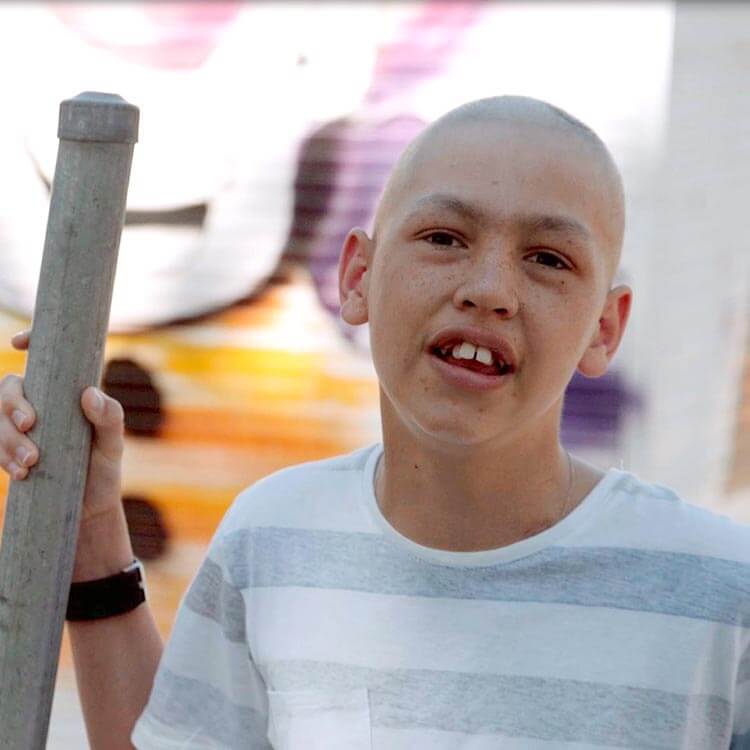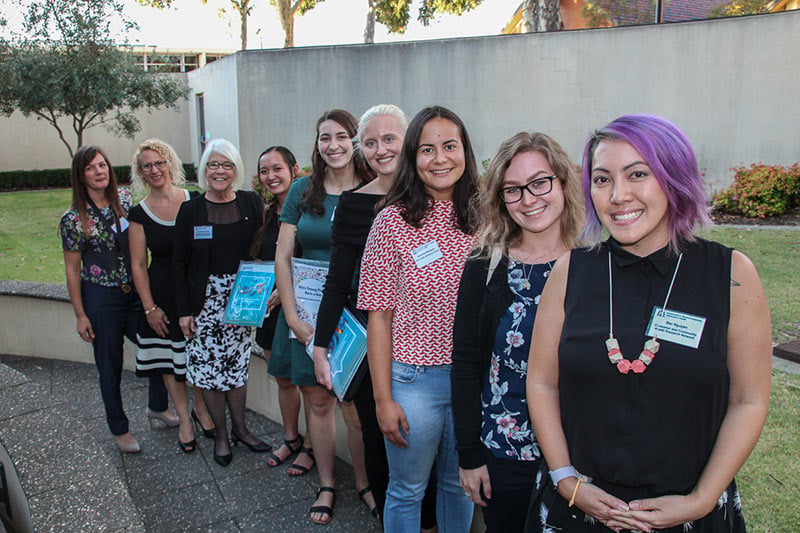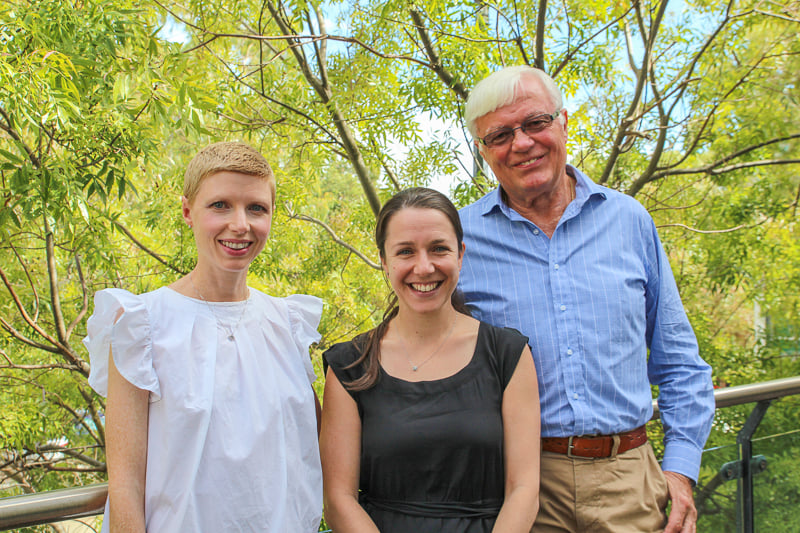Search

News & Events
Directing immune development to curb sky-rocketing diseaseOnce upon a time it was infectious diseases like polio, measles or tuberculosis that most worried parents. With these threats now largely under control, parents face a new challenge – sky-rocketing rates of non-infectious diseases such as asthma, allergies and autism.

News & Events
Trans Pathways breaks down barriers for Trans YouthWhen Trans Pathways ambassador Drew, 17, came out as trans three years ago, the biggest hurdle for him was the availability of services and the time it took to access support.

News & Events
'Natural killers' potential new cancer weaponThe Cancer Immunology team at The Kids is investigating how the body's 'natural killer' cells can be harnessed to fight cancer – whilst also protecting kids from nasty chemotherapy side effects.

News & Events
Elders lift their voices to bridge the gap for kidsLed by nine Elders, the Ngulluk Koolunga Ngulluk Koort Project is working to generate a better understanding of early childhood development from an Aboriginal/Nyoongar perspective.

News & Events
First words: identifying risks to language developmentDaniel Christensen, The Kids Research Institute Australia Life Course Centre research fellow, explained there was rapid change in a child’s brain in the first few years of life, making their home environment and relationship with carers incredibly important.

News & Events
New school-based intervention to delay and reduce teen alcohol useThe Kids is collaborating with government agencies, parents and school representatives to trial an innovative intervention delivered through schools to increase parents’ knowledge and skills to delay and reduce teenage alcohol use.

News & Events
New lease on life for DartanyonTwo years on, Michelle and Dartanyon’s health and quality of life have significantly improved. We caught up with Michelle to hear about their journey since we first met them.

News & Events
Data reforms will improve nation’s healthThe Kids Research Institute Australia welcomes the Australian Government’s commitment to invest $65 million to transform the nation’s data system and the way data is used

News & Events
The Kids welcomes new WA youth health policyThe Kids welcomes the launch of WA’s first policy on youth health which will give young people a voice in the planning of health services that affect them.

News & Events
Giorgetta Family FellowshipWith mental health issues an escalating problem among young people, looking after the mental health of future generations has never been more
